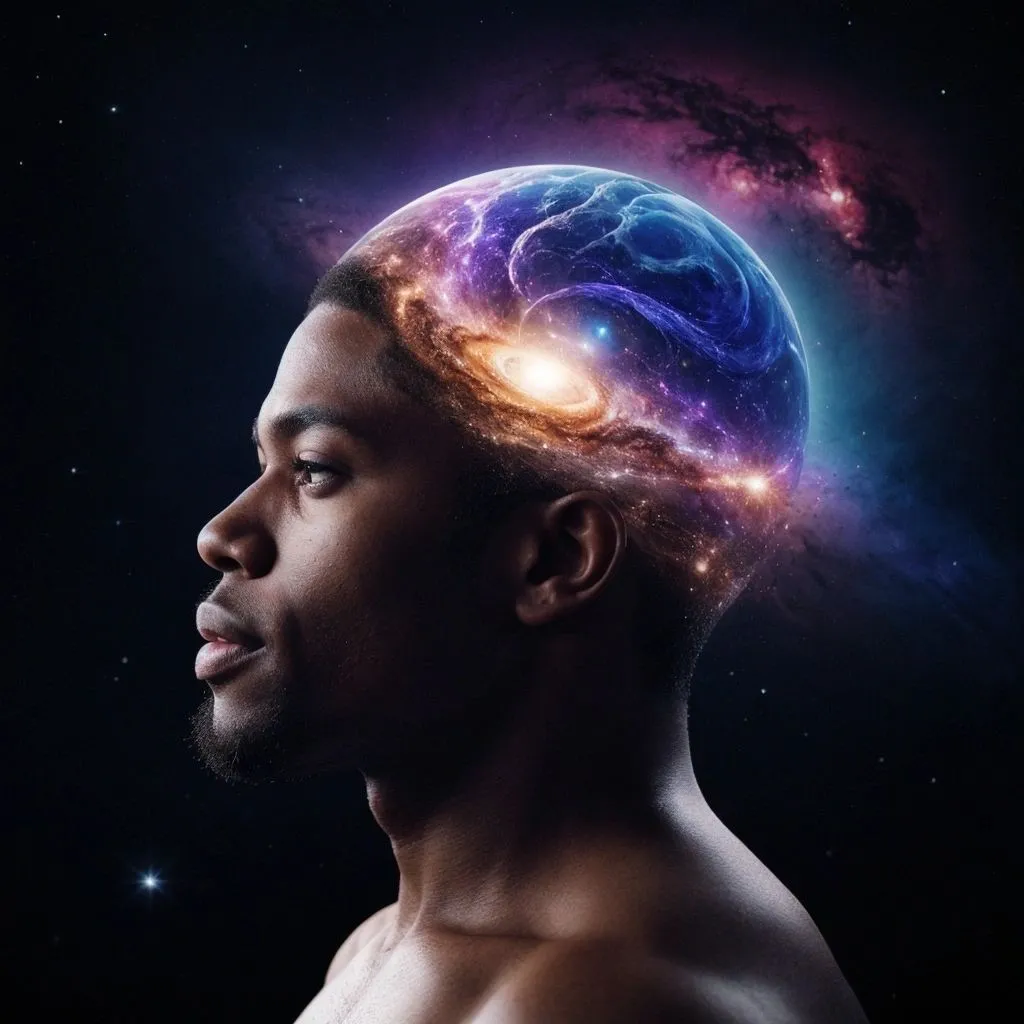
The Power of Changing Your Mind: Embracing New Perspectives
Understanding the Importance of Changing Your Mind
Changing one’s mind is often seen as a sign of weakness or indecisiveness, but in reality, it is a fundamental aspect of personal growth and development. The ability to reassess and modify our beliefs is crucial for fostering creativity, seizing new opportunities, and enhancing our problem-solving skills. Holding onto rigid beliefs can lead to stagnation, limiting our potential to evolve and adapt in a rapidly changing world.
Throughout history, numerous figures have demonstrated the power of changing their minds. Consider the example of Abraham Lincoln, who initially opposed the abolition of slavery but later became a pivotal force in its eradication. His willingness to shift his perspective not only altered the course of his own life but also had a profound impact on the nation. Similarly, in the modern era, leaders like Bill Gates have shown the importance of adaptability. Gates transitioned from a software mogul to a leading philanthropist, directing his resources toward global health and education. This change in mindset has allowed him to make significant contributions to society.
From a psychological standpoint, being open to changing your mind enhances resilience. When we embrace new perspectives, we become better equipped to handle life’s uncertainties and challenges. This adaptability fosters improved relationships, as it allows us to appreciate and understand differing viewpoints. Emotional well-being is also enhanced, as the flexibility to change our minds reduces stress and fosters a more positive outlook on life.
In essence, the importance of changing your mind lies in its ability to unlock new avenues for growth, opportunity, and understanding. By recognizing the value of adaptability, we can cultivate a mindset that not only benefits our personal development but also contributes positively to our interactions with the world around us.
Strategies for Embracing New Perspectives
Embracing new perspectives requires a deliberate and proactive approach. One fundamental strategy is to practice active listening, which involves fully concentrating, understanding, and responding to what others are saying. Active listening enables individuals to grasp different viewpoints more effectively and fosters a deeper connection with the speaker’s ideas and experiences.
In addition to active listening, honing critical thinking skills is essential. Critical thinking involves analyzing information objectively, evaluating arguments, and questioning assumptions. By applying critical thinking, individuals can assess the validity of their beliefs and consider alternative perspectives without bias. This skill is invaluable in navigating the complexities of an ever-changing world.
Another crucial technique is to seek out diverse viewpoints. Engaging with people from different backgrounds, cultures, and disciplines can significantly broaden one’s understanding and challenge ingrained beliefs. This can be achieved through reading diverse literature, participating in multicultural events, or joining discussion groups that encourage varied perspectives.
However, adopting new perspectives is not without its challenges. Common barriers include the fear of uncertainty and the influence of social pressure. To overcome these obstacles, it is important to create a supportive environment that values open-mindedness and encourages experimentation. Building resilience and developing a comfort with ambiguity can also help mitigate the fear of the unknown.
Case studies illustrate the transformative power of embracing new perspectives. For instance, a manager who adopted active listening and sought feedback from employees was able to improve team morale and productivity. Similarly, an individual who actively pursued diverse viewpoints through travel and cultural exchange found their preconceived notions challenged, leading to personal growth and enriched experiences.
Lastly, maintaining an adaptable mindset involves a commitment to continuous learning and cultivating curiosity. Staying curious and open to new information fuels the desire for knowledge and keeps the mind agile. This ongoing process of learning and adaptation is key to thriving in a dynamic and interconnected world.
